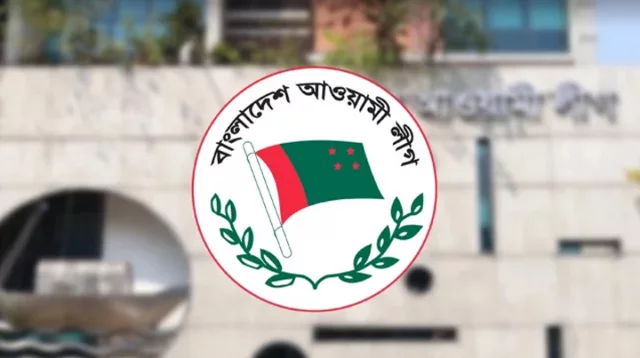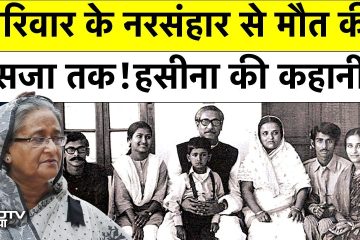Understanding Awami League: History and Impact

Introduction
The Awami League, one of the oldest political parties in Bangladesh, plays a crucial role in shaping the country’s political landscape since its inception in 1949. As a prominent force, its policies and governance have significant implications for the socioeconomic fabric of the nation. With the upcoming national elections, the party’s strategies and performance are under close scrutiny, making it a timely topic for discussion.
Historical Background
The Awami League was founded with the aim of advocating for the rights of Bengalis in East Pakistan, now known as Bangladesh. It became prominently known during the Language Movement in 1952, which aimed to secure recognition for the Bengali language. The party’s major breakthrough came in 1970 when it won a landslide victory in the general elections, leading to the liberation of Bangladesh in 1971 under the leadership of Sheikh Mujibur Rahman.
Political Influence
Over the decades, the Awami League has positioned itself as a champion of democracy and secularism. After a tumultuous period of military rule and political instability, the party returned to power in 2009 under Prime Minister Sheikh Hasina, daughter of Sheikh Mujibur Rahman. Since then, it has implemented a range of socioeconomic reforms, focusing on education, health, and infrastructure development.
However, the party has also faced criticism regarding issues of governance, human rights, and freedom of speech. Various reports from international watchdog organizations have raised concerns over the political environment in Bangladesh, alleging that the Awami League government has curtailed dissent and restricted media freedom.
Recent Developments
As Bangladesh approaches its national elections, scheduled for early 2024, the Awami League’s approach to key issues such as the economy, climate change, and electoral integrity remain pivotal. The party has emphasized its achievements in economic growth and infrastructure, but it is grappling with rising inflation and social unrest. Recently, opposition parties have criticized the government’s handling of rising prices and diminishing freedoms, which could influence voter sentiment in the upcoming elections.
Conclusion
The Awami League’s long-standing presence in Bangladeshi politics and its role in the nation’s progress cannot be understated. As the party prepares for the upcoming elections, understanding its history, influence, and the challenges it faces will be essential for voters and political analysts alike. The future of the Awami League could shape not only its political destiny but also the overall trajectory of Bangladesh as it confronts both domestic and global challenges.









